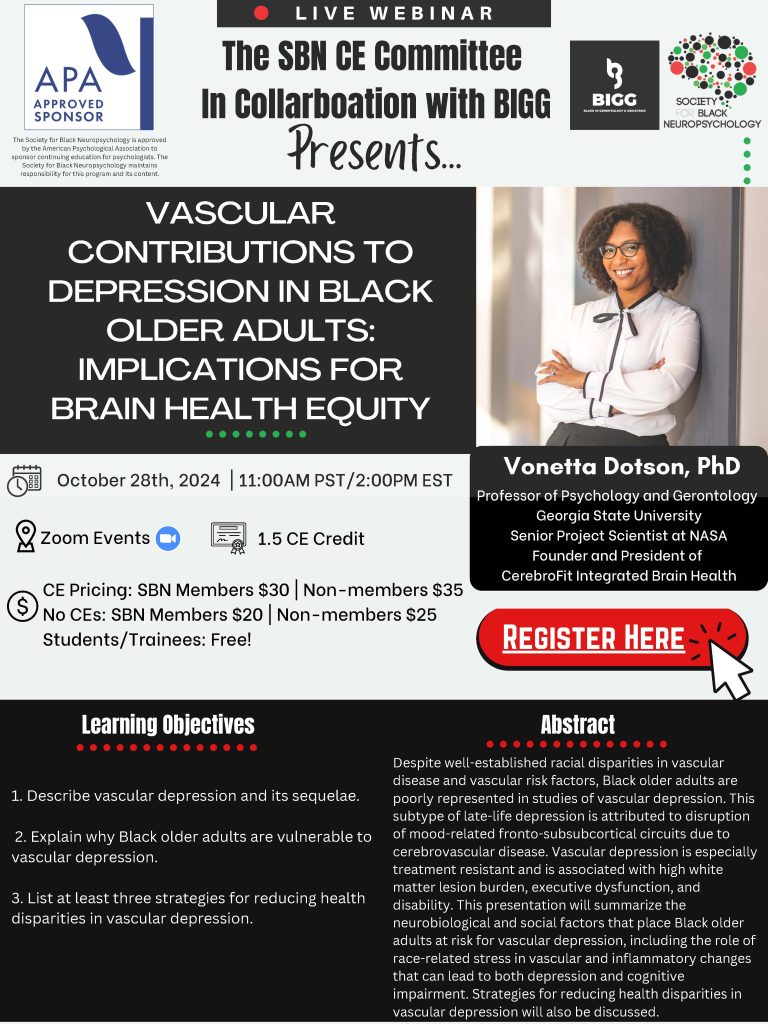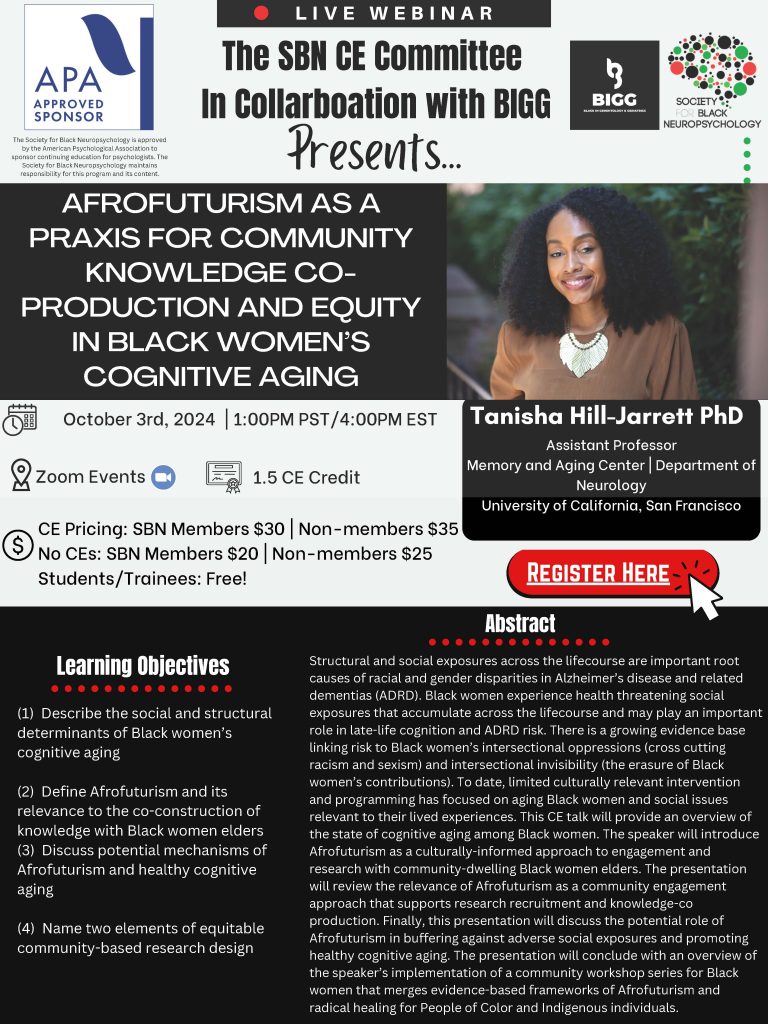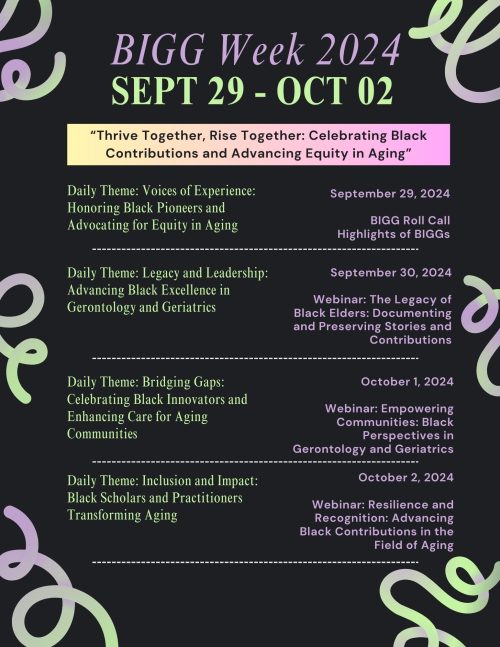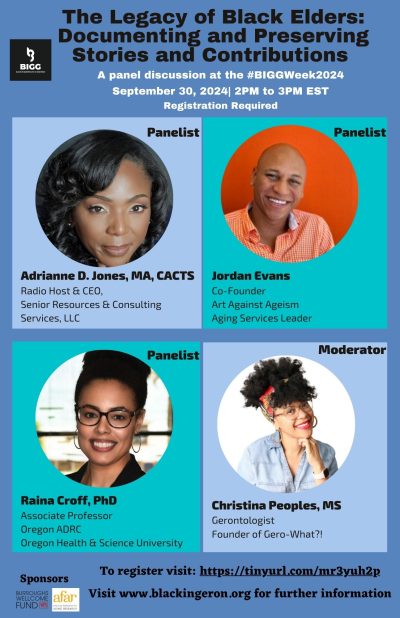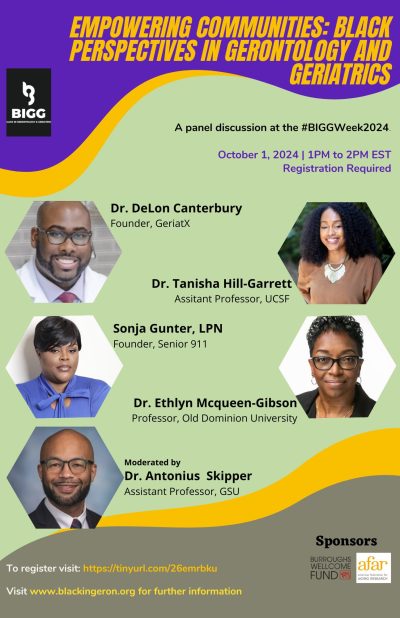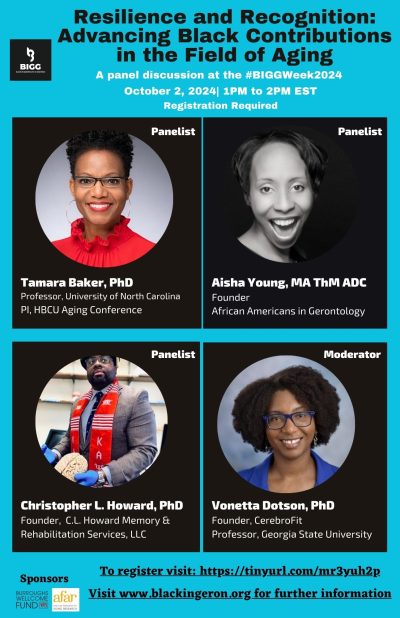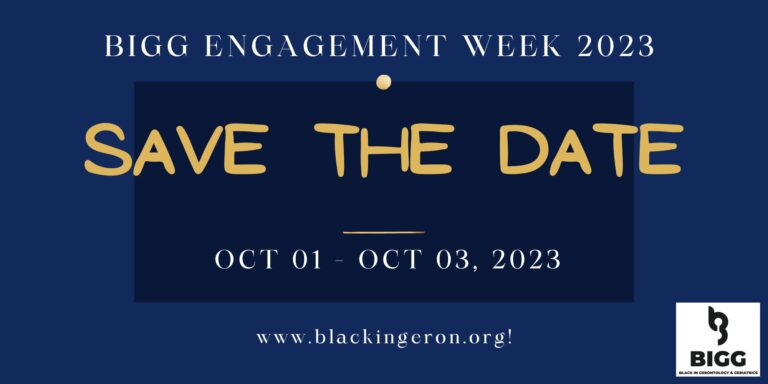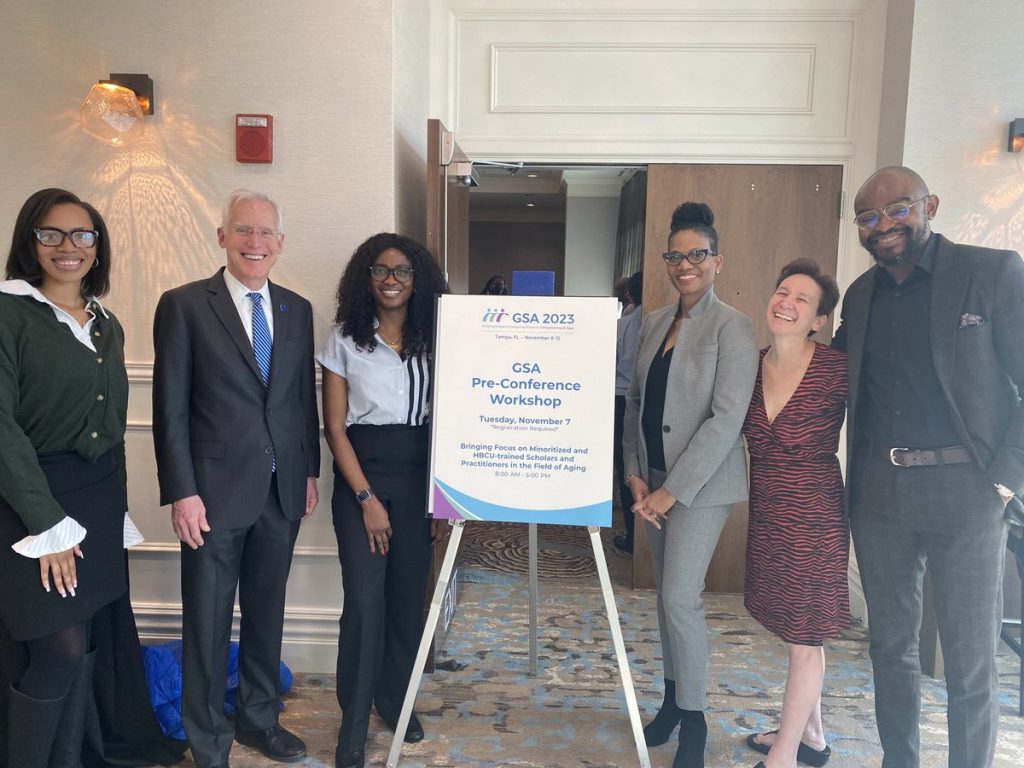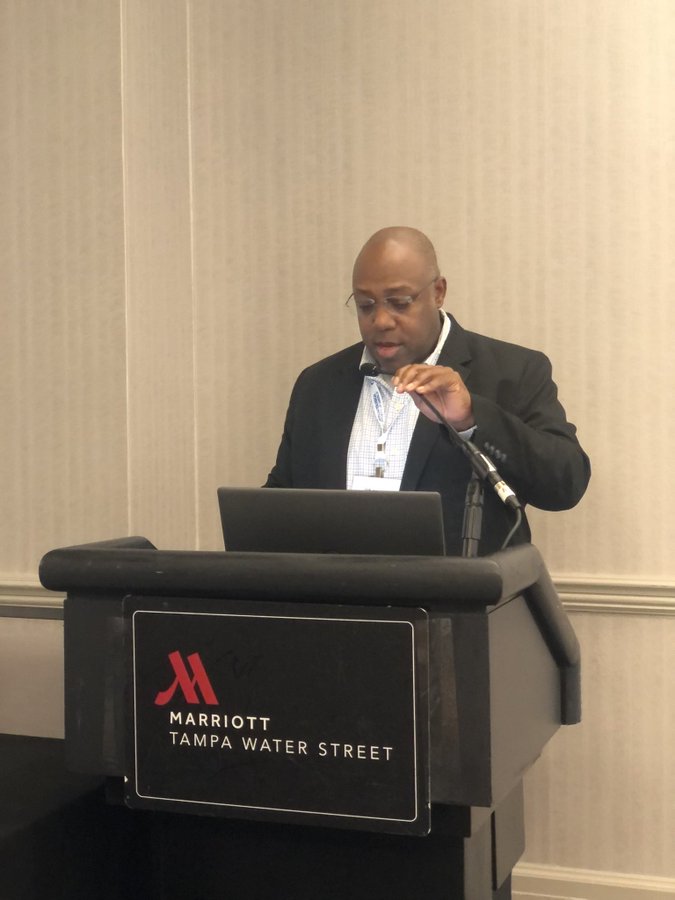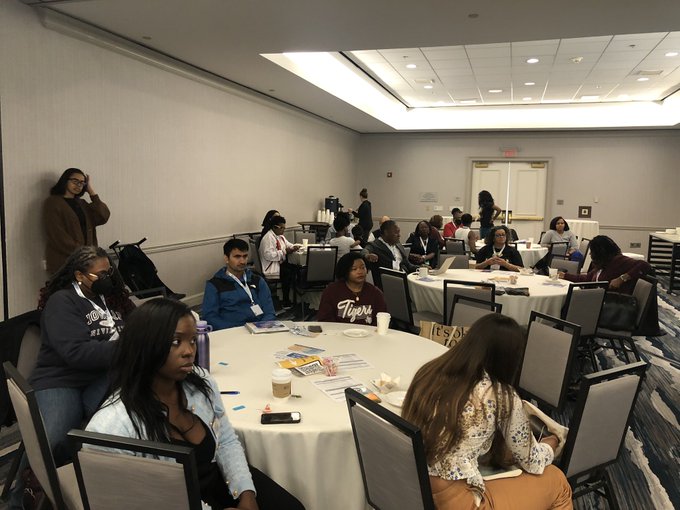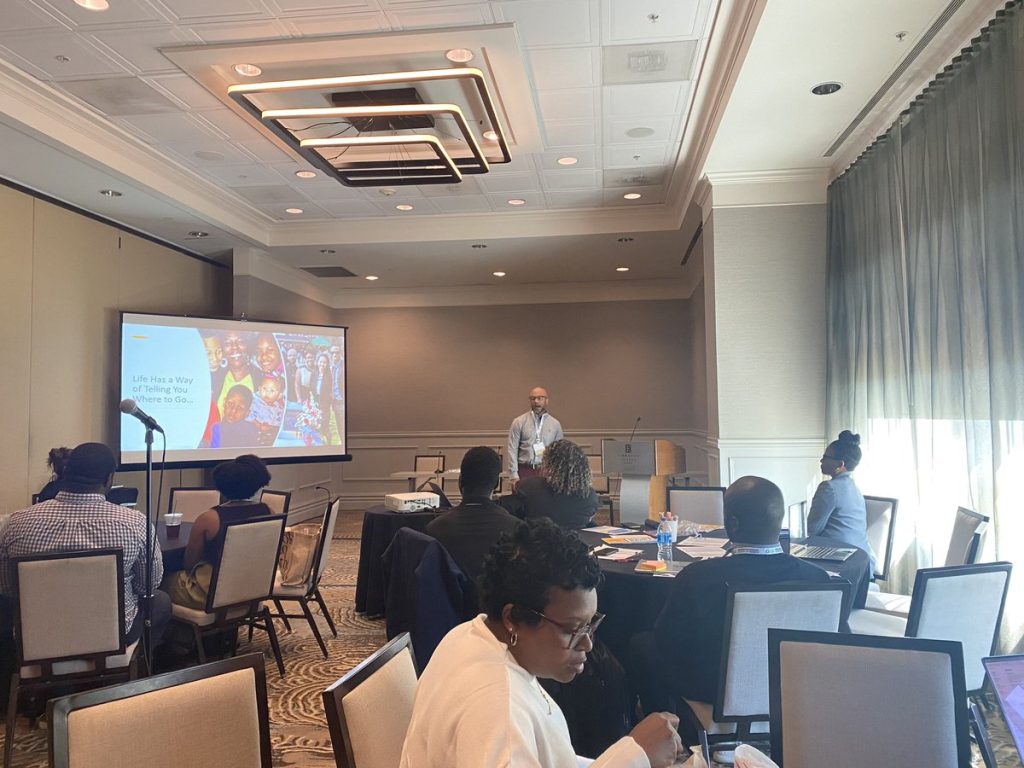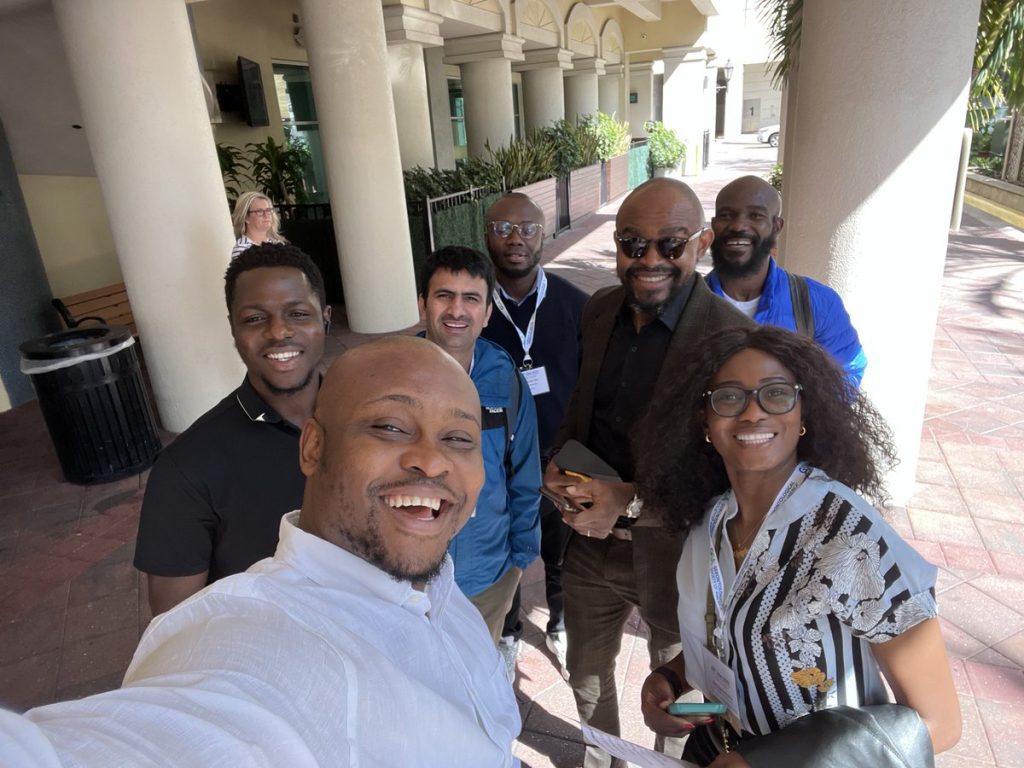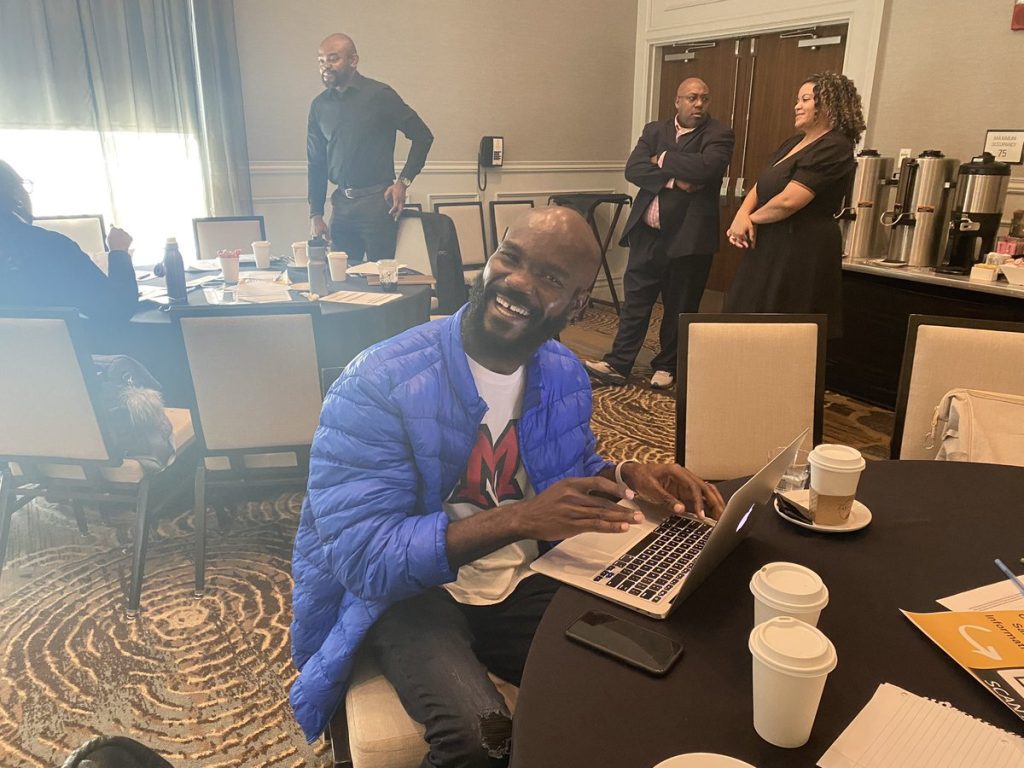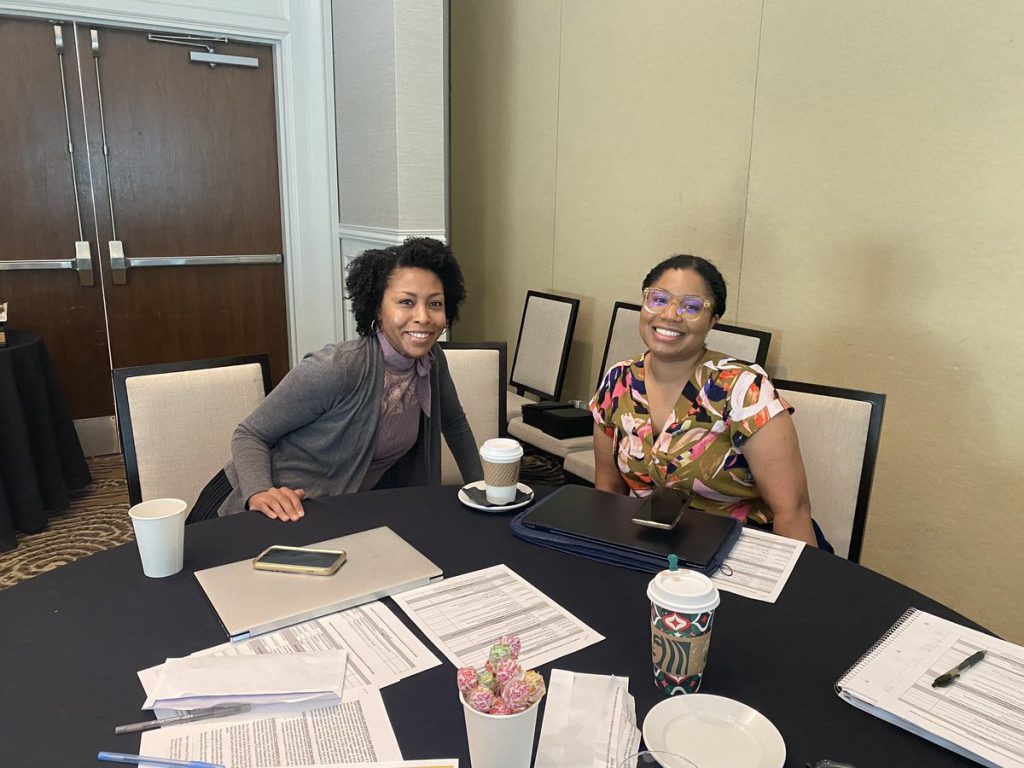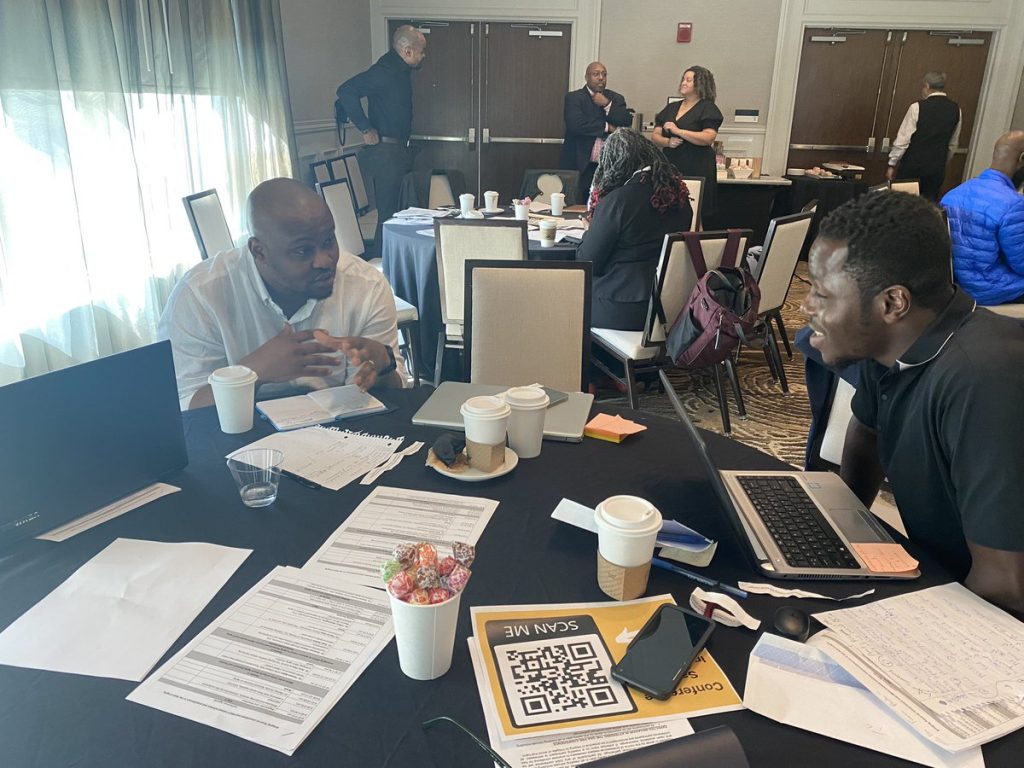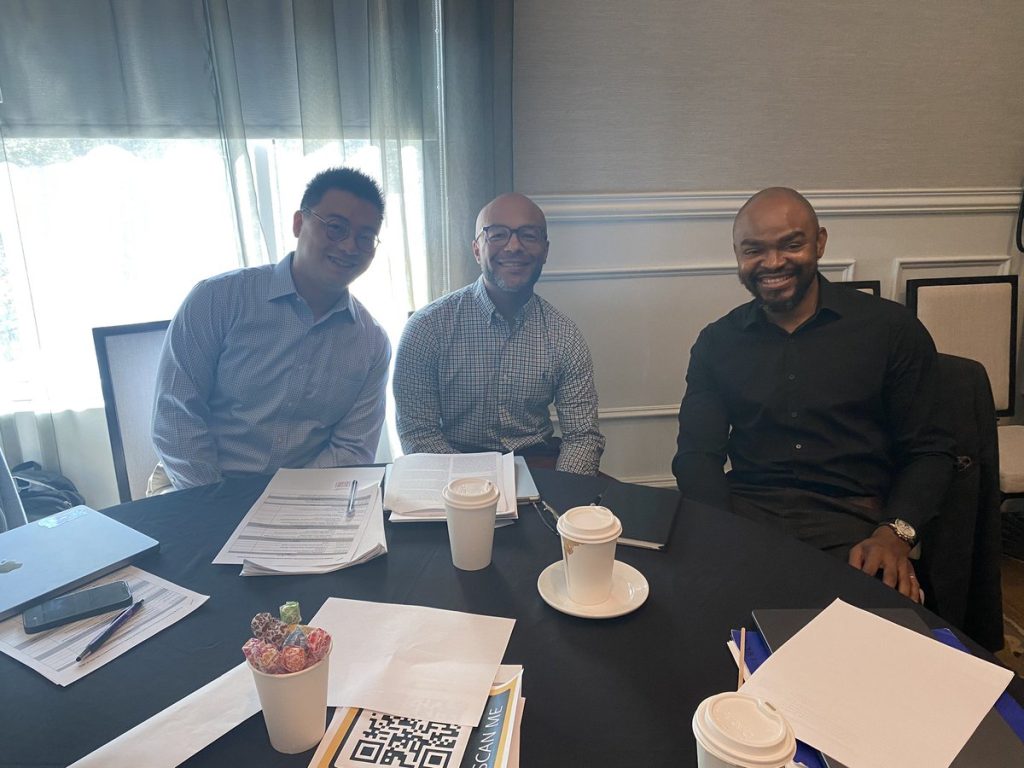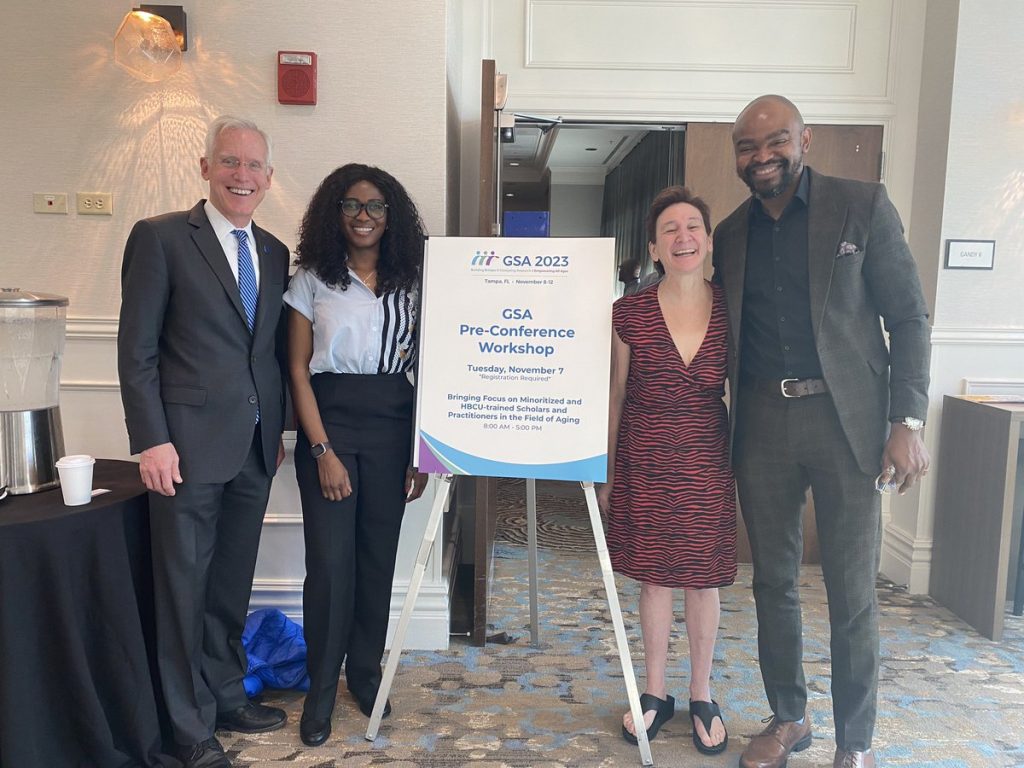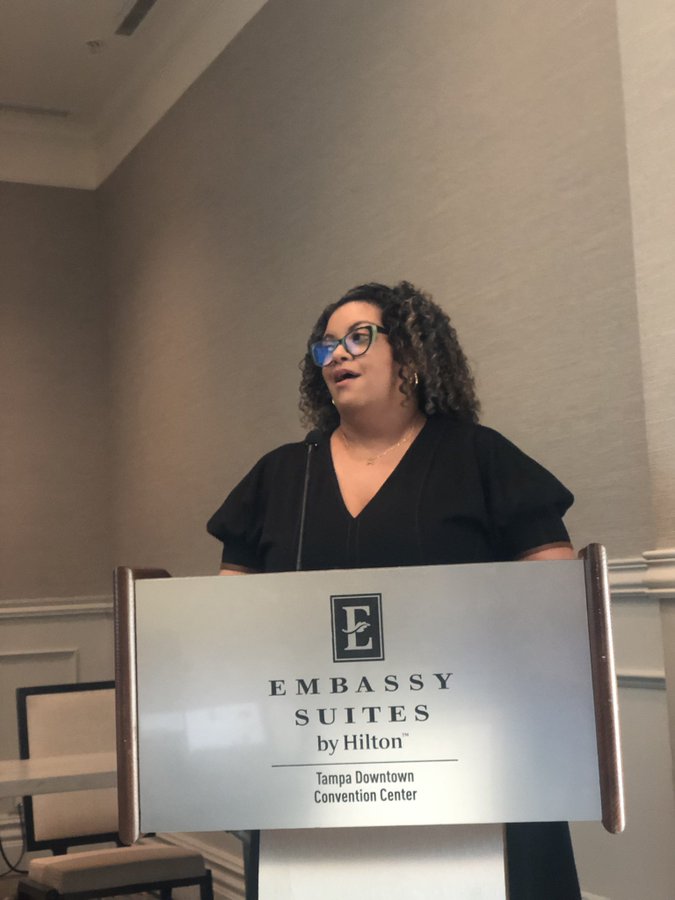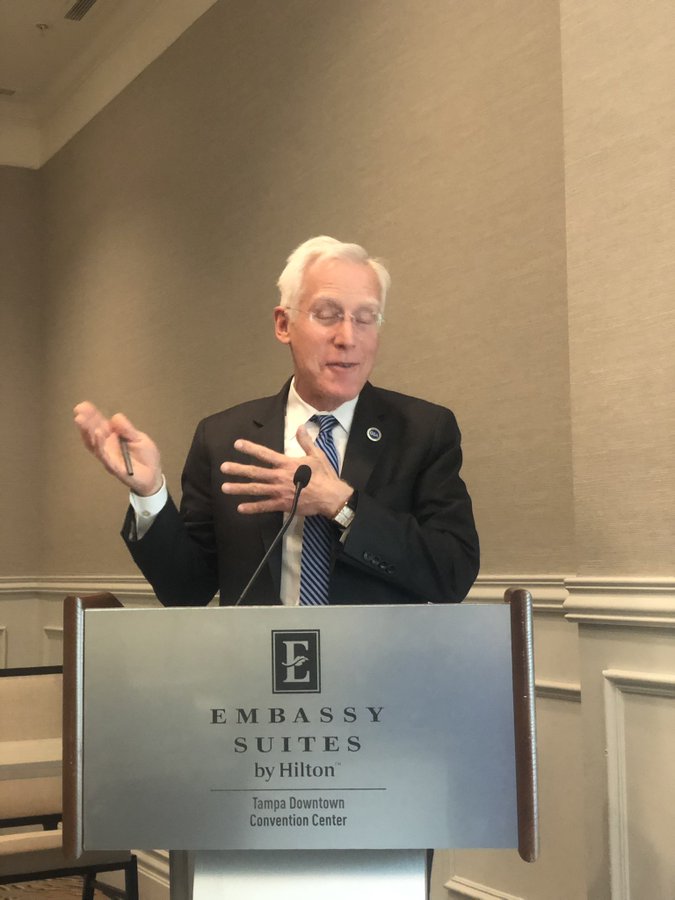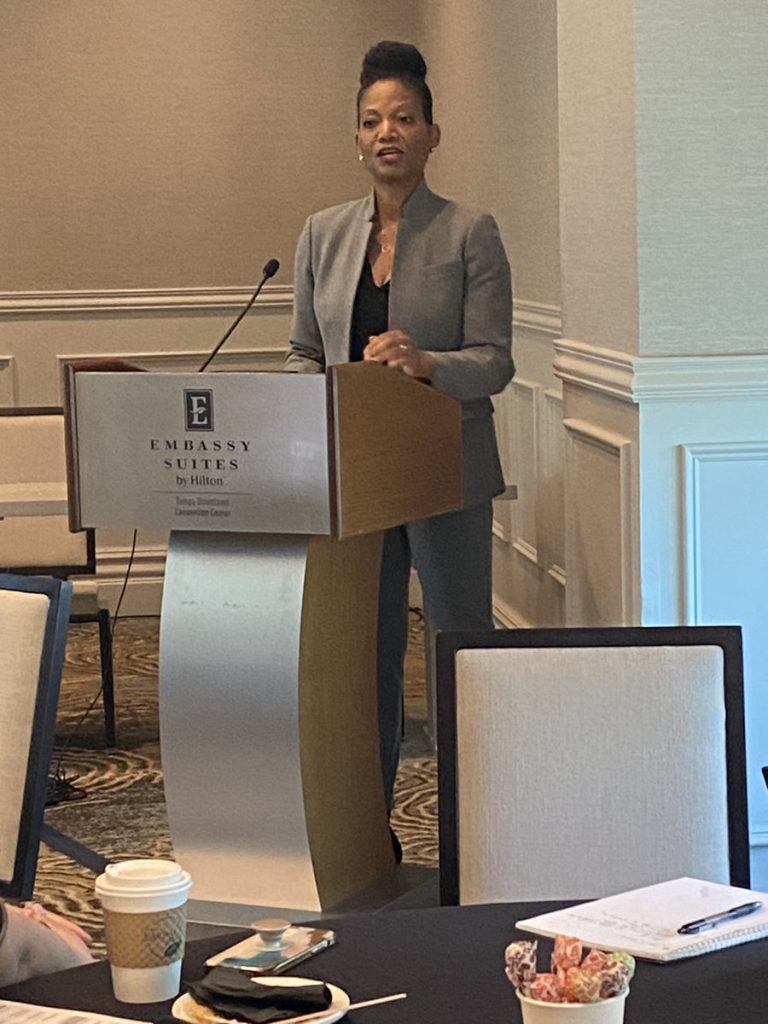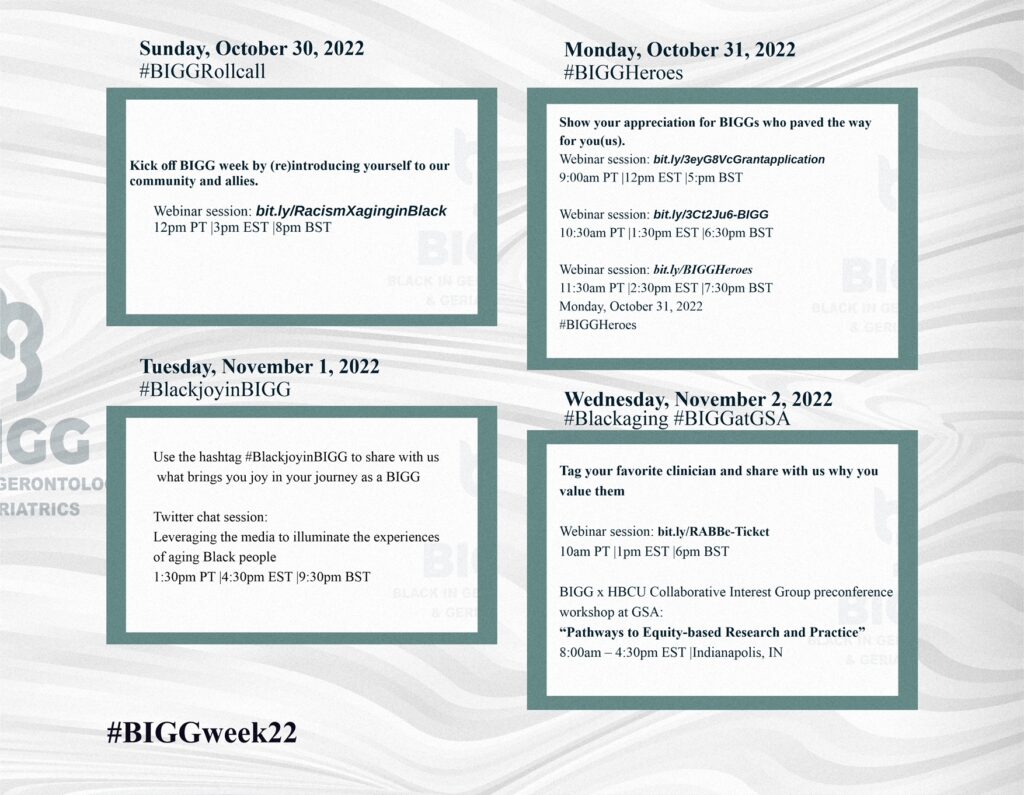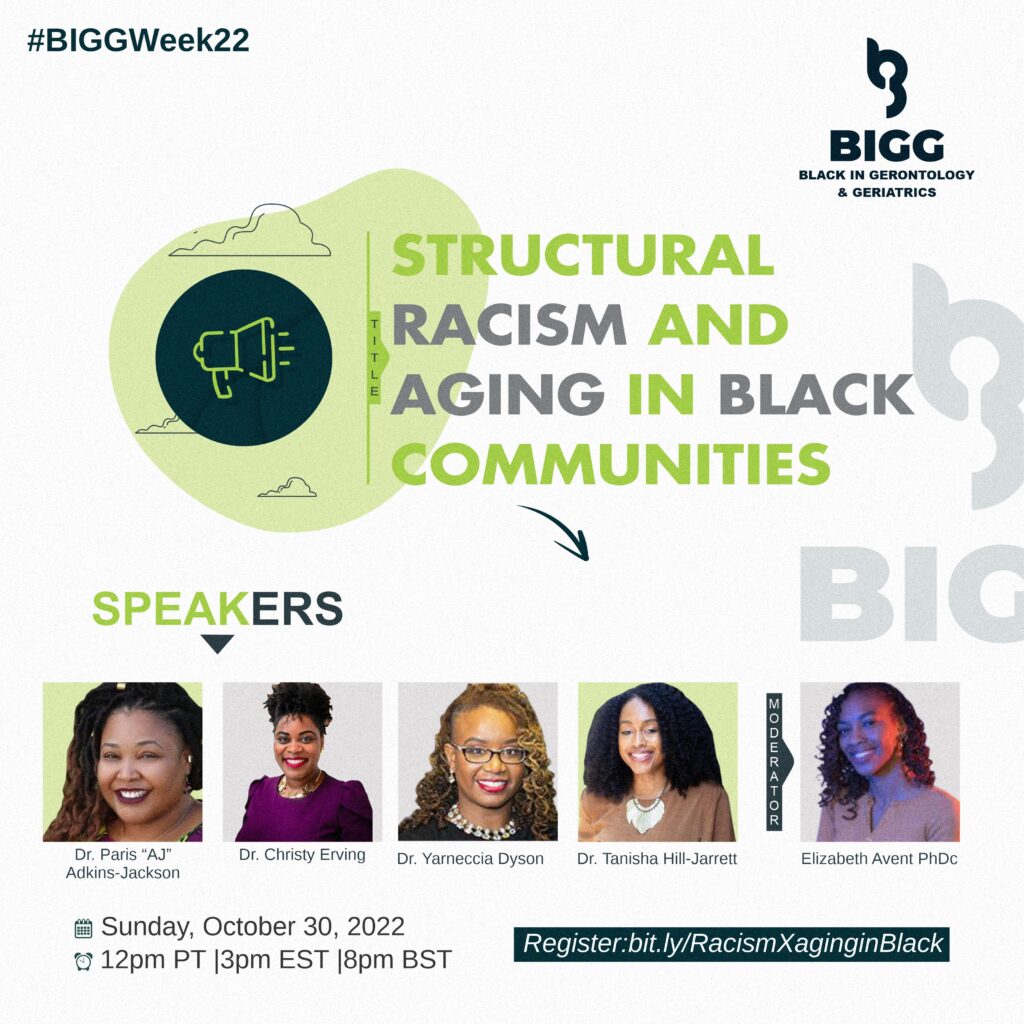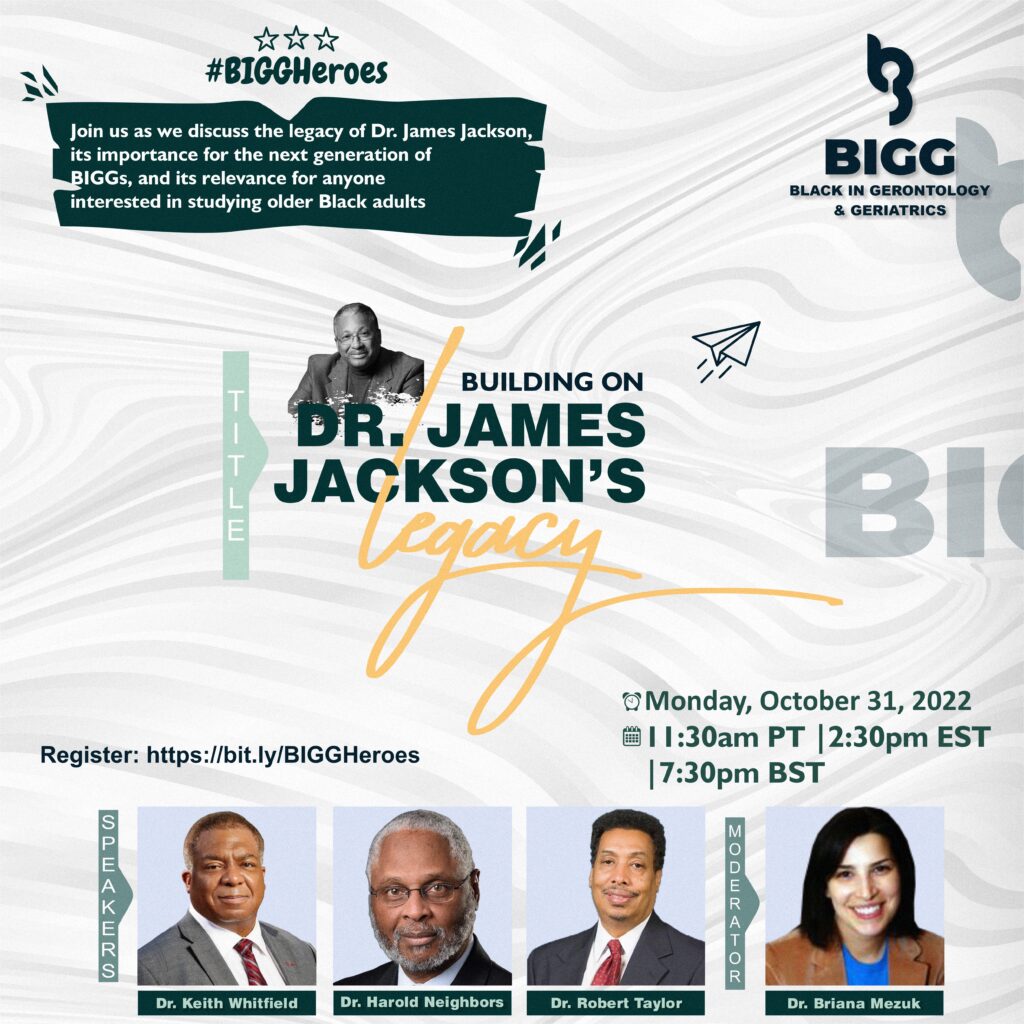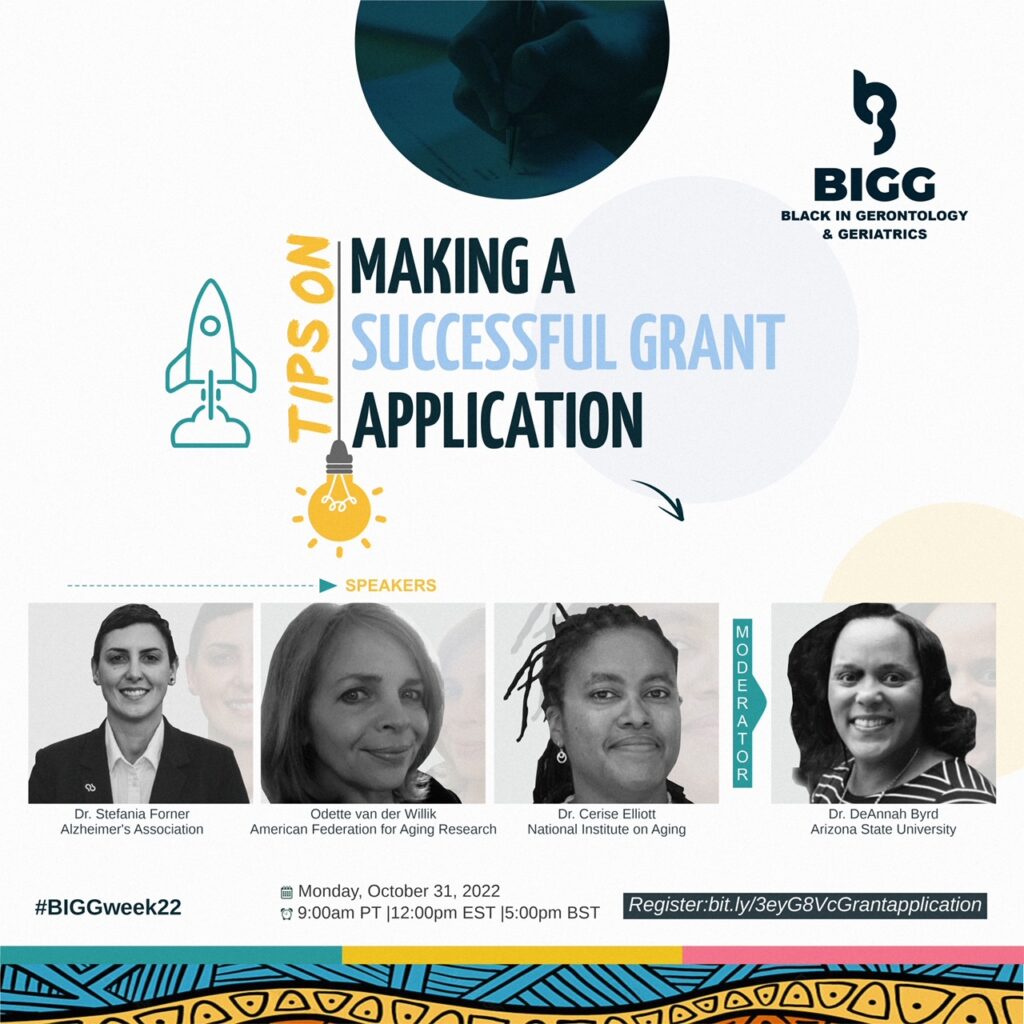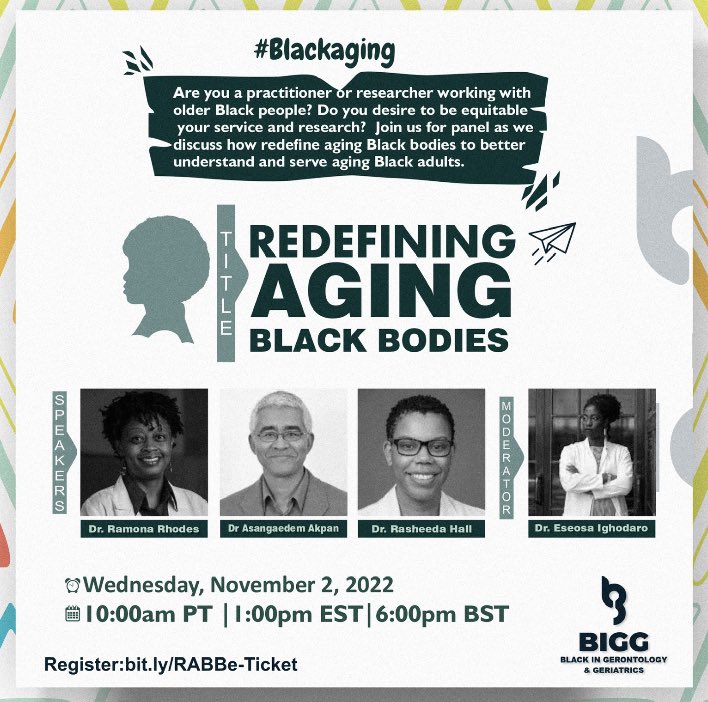Braunstein, J. B., Sherber, N. S., Schulman, S. P., Ding, E. L., & Powe, N. R. (2008). Race, medical researcher distrust, perceived harm, and willingness to participate in cardiovascular prevention trials. Medicine, 87(1), 1–9. https://doi.org/10.1097/MD.0b013e3181625d78
Graham, L. A., Ngwa, J., Ntekim, O., Ogunlana, O., Wolday, S., Johnson, S., Johnson, M., Castor, C., Fungwe, T. V., & Obisesan, T. O. (2017). Best strategies to recruit and enroll elderly Blacks into clinical and biomedical research. Clinical Interventions in Aging, 13, 43–50. https://doi.org/10.2147/CIA.S130112
LaVeist-Ramos, T. A., Galarraga, J., Thorpe, R. J., Jr, Bell, C. N., & Austin, C. J. (2012). Are black Hispanics black or Hispanic? Exploring disparities at the intersection of race and ethnicity. Journal of Epidemiology and Community Health, 66(7), e21. https://doi.org/10.1136/jech.2009.103879
Marcantonio, E. R., Aneja, J., Jones, R. N., Alsop, D. C., Fong, T. G., Crosby, G. J., Culley, D. J., Cupples, L. A., & Inouye, S. K. (2008). Maximizing clinical research participation in vulnerable older persons: identification of barriers and motivators. Journal of the American Geriatrics Society, 56(8), 1522–1527. https://doi.org/10.1111/j.1532- 5415.2008.01829.x
Turkson-Ocran, R. N., Nmezi, N. A., Botchway, M. O., Szanton, S. L., Golden, S. H., Cooper, L. A., & Commodore-Mensah, Y. (2020). Comparison of Cardiovascular Disease Risk Factors Among African Immigrants and African Americans: An Analysis of the 2010 to 2016 National Health Interview Surveys. Journal of the American Heart Association, 9(5), e013220. https://doi.org/10.1161/JAHA.119.013220
